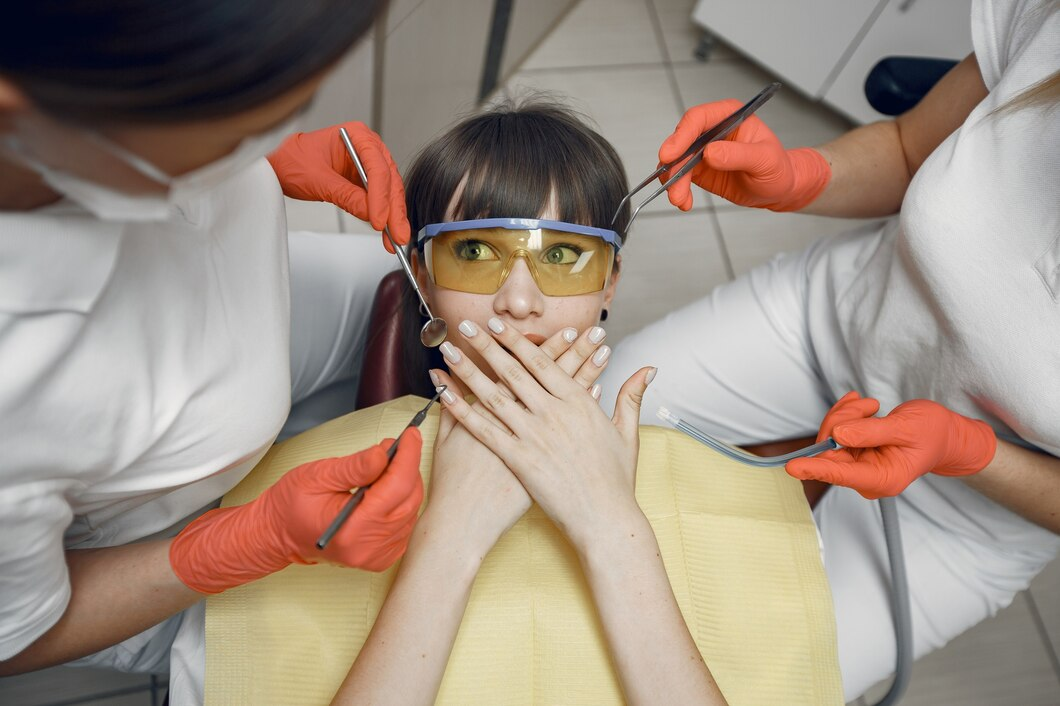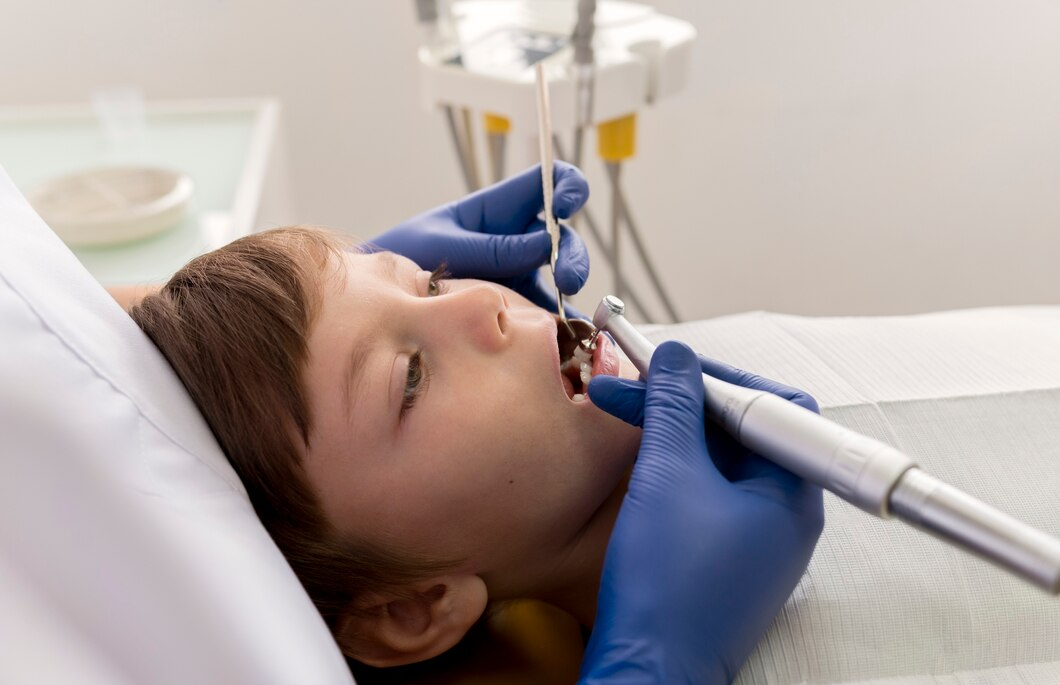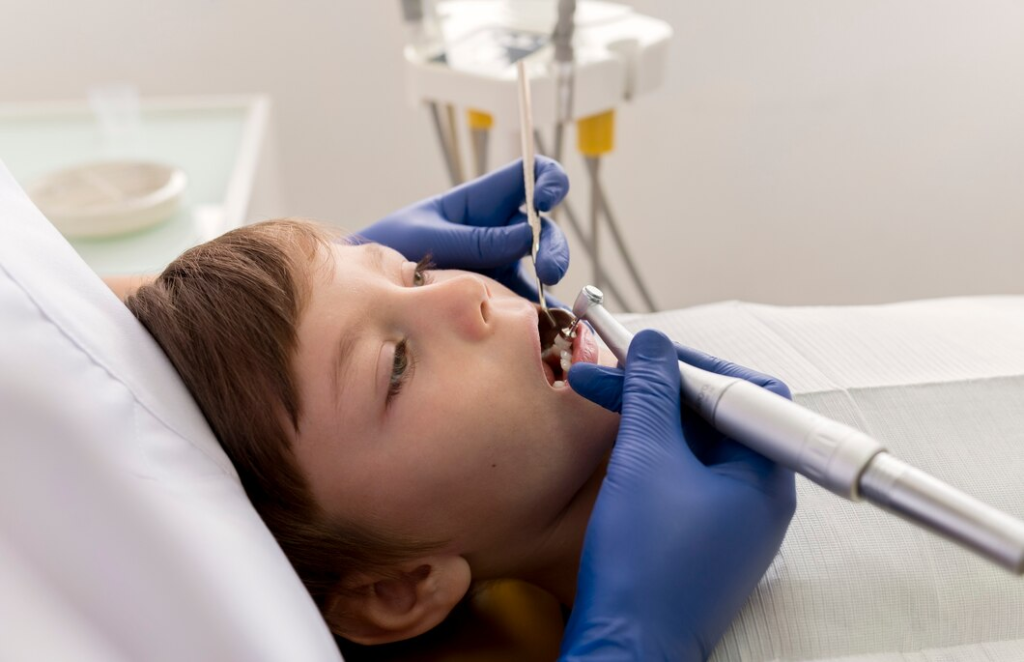Where to Go When You Have a Dental Emergency
Dental emergencies can happen when you least expect them. From a sudden, sharp toothache to an accidental fall that chips your tooth, these situations often leave you feeling unsure of what to do next. Acting quickly is vital to prevent further damage and ensure proper treatment.
If you find yourself in urgent need of dental care, knowing where to go is essential. For instance, finding an emergency dentist in Manchester can provide prompt and professional attention when time is of the essence. Being prepared and informed can make all the difference in managing the situation effectively.
In this guide, we’ll cover the steps to take during a dental emergency, the best options for seeking care, and ways to manage discomfort until you can get professional help.

What Qualifies as a Dental Emergency?
Not every dental issue requires immediate attention, but some situations demand urgent care. Recognizing the difference between an emergency and something that can wait will save you time, money, and unnecessary stress.
Common Dental Emergencies:
- Severe Toothache: Persistent pain that doesn’t improve with over-the-counter painkillers.
- Knocked-Out Tooth: A tooth that’s been completely dislodged.
- Chipped or Broken Teeth: If it causes pain, sharp edges, or affects your ability to chew.
- Loose or Lost Fillings: This can expose the sensitive inner parts of the tooth.
- Abscesses or Swelling: Signs of infection, often accompanied by fever or a foul taste in the mouth.
- Bleeding Gums or Mouth Injuries: Particularly if the bleeding doesn’t stop after applying pressure.
Immediate Steps to Take in a Dental Emergency
Knowing what to do in the first moments of a dental emergency can make all the difference.
- Stay Calm: Panicking can make it harder to focus on what needs to be done. Take deep breaths and assess the situation.
- Control the Pain: Rinse your mouth with warm salt water to reduce swelling and clean the area. Over-the-counter pain relief can help, but avoid aspirin as it can increase bleeding.
- Preserve the Tooth (if applicable): If a tooth is knocked out, gently rinse it with water (avoid scrubbing) and try to place it back into the socket. If this isn’t possible, store it in milk or saliva until you see a dentist.
- Stop Bleeding: Use a clean cloth or gauze to apply pressure to the bleeding area.
- Contact a Dentist Immediately: Call ahead to let them know about your emergency. They’ll advise you on the next steps and prepare for your arrival.
Where to Go for Dental Emergencies
1. Local Emergency Dentist Services
Emergency dentists specialize in treating urgent dental issues promptly. Many dental clinics in cities like Manchester offer same-day or after-hours appointments for emergencies. This can be your best option for quick and professional care.
2. Hospital Emergency Departments
If your dental emergency involves significant trauma, such as a jaw injury, or if it occurs outside of regular dental office hours, heading to a hospital emergency room is advisable. Hospitals can provide pain relief and stabilization, but they may refer you to a dentist for follow-up care.
3. Walk-In Dental Clinics
Some cities have walk-in clinics that cater to dental emergencies. These are great if you don’t already have a regular dentist or if your emergency occurs during weekends or holidays.
4. Dental Schools
Dental schools often offer emergency services at a lower cost. While students perform the procedures, they are supervised by experienced professionals.
5. Your Regular Dentist
If you already have a trusted dentist, check if they offer emergency services. Many dentists provide a direct contact number for after-hours emergencies.
Managing Common Dental Emergencies at Home
While professional care is essential, there are a few things you can do to ease discomfort until you see a dentist.
Toothache
- Rinse with warm salt water.
- Apply a cold compress to reduce swelling.
- Avoid hard or chewy foods that may aggravate the pain.
Chipped or Broken Tooth
- Save any broken pieces, if possible.
- Cover sharp edges with dental wax or sugar-free gum to prevent cuts.
- Avoid using the affected tooth until it’s treated.
Knocked-Out Tooth
- Handle the tooth by the crown (not the root).
- Keep it moist in milk or saline solution if reinsertion isn’t immediately possible.
Lost Filling or Crown
- Temporary dental cement (available at pharmacies) can provide a temporary fix.
- Avoid eating on the affected side.
Abscess or Infection
- Rinse with warm salt water several times a day.
- Avoid poking or squeezing the area.
- Seek dental care immediately, as infections can spread quickly.
How to Prevent Dental Emergencies
Prevention is always better than cure. By taking proactive steps, you can minimize the risk of dental emergencies.
- Regular Check-Ups: Visiting your dentist twice a year allows them to catch potential issues early.
- Good Oral Hygiene: Brush twice daily, floss regularly, and use mouthwash to keep your teeth and gums healthy.
- Protect Your Teeth: Wear a mouthguard during sports or other high-impact activities.
- Avoid Hard Foods: Chewing ice, hard candies, or popcorn kernels can lead to chipped or broken teeth.
- Address Issues Early: Don’t ignore minor tooth pain or discomfort—it can escalate quickly.
- Replace Worn Dental Work: Old fillings, crowns, or dental implants can weaken over time. Regular dental visits ensure these are replaced before they fail.
- Stay Hydrated: Dry mouth can increase the risk of tooth decay and gum disease. Drink plenty of water and avoid excessive alcohol or caffeine, which can dehydrate you.
- Quit Smoking: Smoking weakens your gums and makes your teeth more vulnerable to infections and other issues that could lead to emergencies.
- Use the Right Tools: Never use your teeth to open packages, cut tape, or crack nuts. This can lead to chipped or fractured teeth.
- Eat a Balanced Diet: Foods rich in calcium, phosphorus, and vitamins help strengthen teeth and gums, reducing the likelihood of dental problems.
When to Follow Up After an Emergency
Once the immediate problem is addressed, follow-up care ensures that your teeth and gums heal properly. Your dentist may recommend further procedures like fillings, crowns, or root canals, depending on the situation. Keeping your scheduled follow-up appointments is critical for long-term oral health.

Final Thoughts
Dental emergencies can be overwhelming, but knowing what to do and where to go makes a significant difference. Whether you’re dealing with a severe toothache or a knocked-out tooth, acting quickly and seeking professional care is key. If you’re near a reliable emergency dentist, don’t hesitate to reach out to them for prompt assistance. The combination of immediate actions and professional intervention will help restore your smile and prevent complications.
By staying prepared and informed, you can tackle any dental emergency with confidence. Take care of your teeth, and they’ll take care of you!



